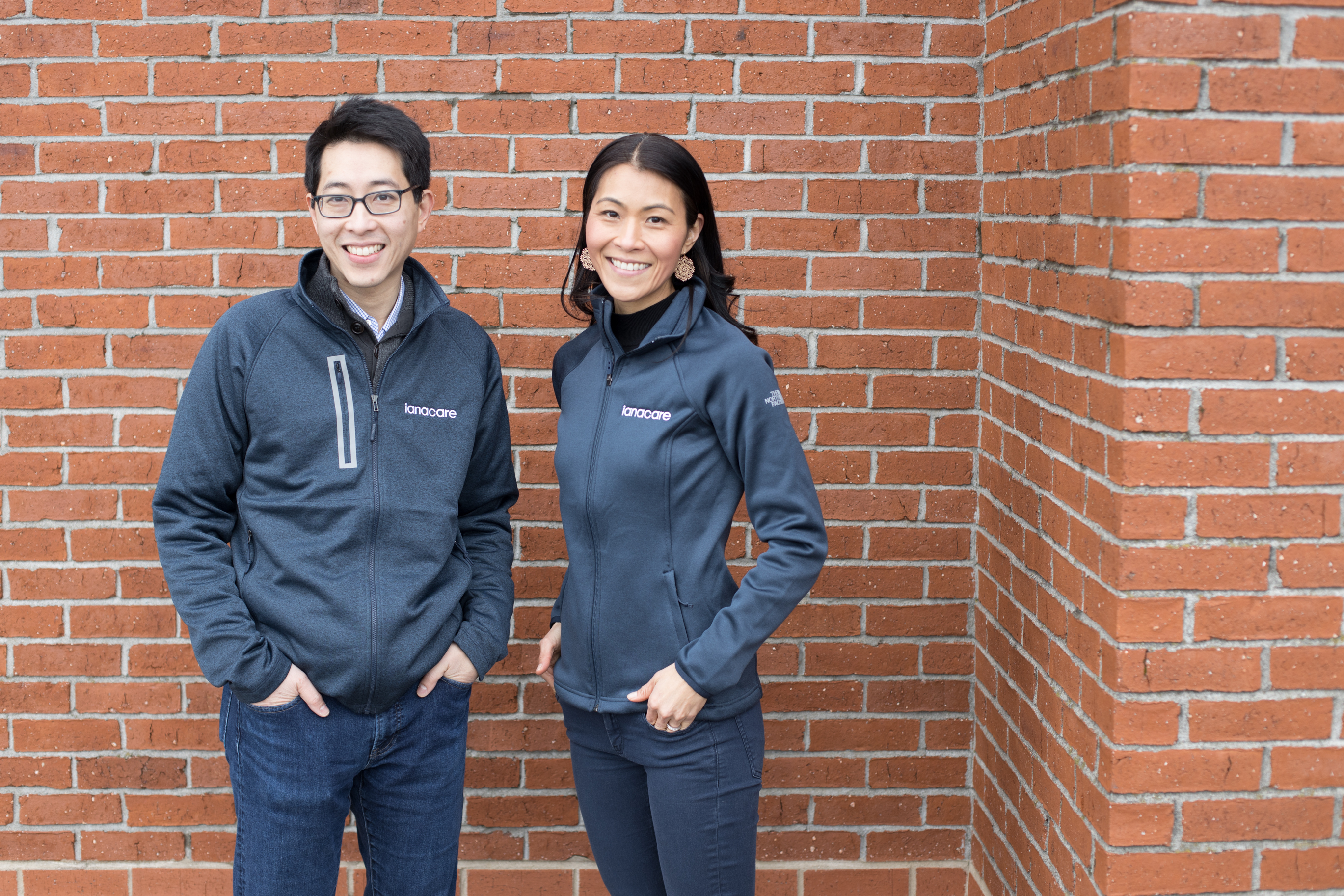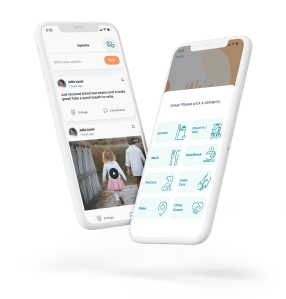Originally published by Tech Crunch on January 04, 2022
There are more than 54 million family caregivers in the United States. Working family caregivers spend an average of 25 hours a week caring for their loved ones on top of their full-time jobs, and ultimately, the current lack of support and resources drives 32% of them to leave their job to care full time.
Jessica Kim, chief executive officer of ianacare, understands these statistics deeply as she made the difficult choice to leave her job in 2016 to care for her mom full time, as do nearly a third of working caregivers. Kim co-founded ianacare in 2018 after spending more than seven years caring for her mom during a cancer battle.
Today, caregiver support is the most overlooked gap in healthcare and employee benefits. As per the National Alliance for Caregiving (NAC) report, about 61% of caregivers are women, while 39% are men.
“For far too long, caregiving has been treated as an individual issue, and we’ve asked people to make the choice to either work or care for their families. We cannot authentically discuss keeping women in leadership or the workforce at large without addressing their care need,” Kim said.
The Boston-based startup built a platform that provides tech-enabled caregiver support through employers and health plans. Its mission is to encourage, empower and equip family caregivers with resources and communities, so no one has to do it alone.
Ianacare announced this morning it has raised a $12.1 million Series A funding led by Greycroft with participation from 8VC, SemperVirensVC, Able Partners and Brown Alumni Group. Previous backers, including Slow, Founder Collective, Indicator Venture, Entrée Capital and CueBall also made follow-on investments in the round.
The fresh capital, which gives ianacare a total of $16.7 million raised to date, will be used to scale sales, the internal team and operations needed to meet the rising demand of companies looking to support family caregivers in their workforce. Ianacare currently has seven full-time employees and will expand the team to more than 25 by the end of this year.

Image Credits: ianacare / Steven Lee (COO of ianacare) and Jessica Kim (CEO of ianacare)
“For caregivers, ianacare is the front door to all the different types of support they will need in the home environment,” Kim said in an email interview.
Through its free mobile app, users can organize and mobilize friends and family onto one team for easy coordination of everyday tasks, such as dropping off groceries, picking up medication from the pharmacy, providing respite care and more, Kim said. This feature, also known as personal social circles, is available to download for all consumers and is used nationwide, even if their employer is not currently an enterprise partner, Kim added.
The startup works with employers and institutions to offer a cost-effective and scalable enterprise solution as a benefit to working caregivers. Its enterprise solution, launched in March 2021, covers more than 400,000 lives through existing partnerships with employers like Anthem, an insurance company.
“As we look ahead to launching with some of the nation’s largest employers in 2022, we are on track to grow to cover more than 1 million lives,” Kim said.
To differentiate itself from other companies in the space, ianacare’s solution provides “unlimited access of online chat, phone, video with professional caregiver coaches,” which is just one of the five layers of support it offers, Kim said. Also, the platform is a one-stop shop solution, connecting family caregivers to all the layers of support personalized for their specific home, work and care situation. It can detect gaps in care and proactively fill those needs with resources available to the caregiver and care recipient, Kim continued.

Image Credits: ianacare / ianacare app
“There are so many activities built into the care plan that fall to family caregivers — like medication management, transportation to and from appointments, managing dietary needs. Creating a true infrastructure of care in the home environment requires access, knowledge and guidance,” said Steven Lee, COO and co-founder of ianacare. “What we realized was that thousands of resources and services already exist, but they are highly fragmented and difficult to find. The power of technology allows us to bring large systems together, enable simpler connection and coordination and deliver highly personalized experiences at scale.”
The scalability of the ianacare platform has remained a focus and will become increasingly important in order to meet the fundamental increase in care happening in the home, accelerated by the COVID-19 pandemic.
The ranks of family caregivers are on pace to exceed 75 million Americans over the next 10 years; ianacare calculated the figure based on the rates of growth in caregiving in these stats — growing at more than 10 million every five years. There would be a tremendous impact on the U.S. healthcare system, society, culture and workplace without proper support structures, the company said.
Family caregivers, with an average age of 59, have higher rates of anxiety, depression and disturbed sleep than non-caregivers, according to a report by The New York Times. The startup claims that those with access to ianacare’s platform reported an 83% increase in productivity, a 30% decrease in stress and burden and 96% reported feeling supported by their employer, in a recent study of working family caregivers at Anthem conducted by Healthcore.
“For the last several years, we’ve had a strong thesis that the caregiving space was ripe for innovative impact. When we saw the comprehensive nature of ianacare’s platform and the passion behind the founders’ personal experiences, we knew they were the right team to lead this incredible transformation,” said partner of Greycroft, Ellie Wheeler, who will join the ianacare board to support its next phase of growth.

